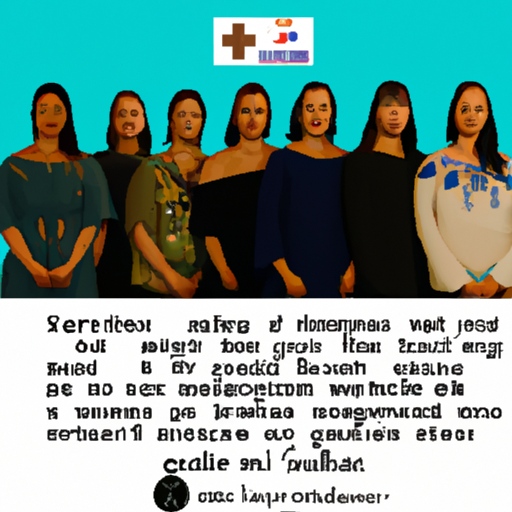Pathways Forward: Sask First Nations and the Battle Against the Opioid Epidemic in Canada
As the opioid crisis continues its devastating march across Canada, there are signs of resistance and resilience. Recently, in a landmark move, several Saskatchewan First Nations communities have initiated a class-action lawsuit against the Government of Canada. The litigation is a response to the myriad impacts of the opioid crisis in their communities. Today, we delve into this unprecedented action and its wider implications. You can read more about the issue in this article from CTV News.
The Gritty Details: Opioids in Saskatchewan First Nations
Opioids, powerful pain-relieving substances, have left their grim mark on communities worldwide, but Indigenous communities in Saskatchewan have been particularly hard-hit. Here’s what we know:
- Opioid addiction levels have increased alarmingly over the last few years, resulting in numerous deaths.
- The crisis isn’t confined to direct users, with ripple effects spreading through families and the broader community.
- Community infrastructure and resources are strained, with a spike in healthcare costs, social discord, crime, and homelessness.
The Fightback: Opioid Class Action
The Saskatchewan First Nations are standing their ground against the opioid crisis with this proposed class action. Their contention? The Canadian Government, they claim, failed them by not doing enough to prevent the widespread addiction to prescription opioids.
What’s the Basis of the Lawsuit?
These First Nations communities argue that Ottawa has breached its duties under the Indian Act, the Constitution Act of 1867, and Treaty Six. These alleged breaches relate to the government’s obligation to protect the health and welfare of Indigenous peoples, including managing the distribution and use of dangerous drugs.
What Are They Seeking?
The plaintiffs are seeking an order requiring the Government of Canada to fund and implement remedies that include:
- Creating culturally-appropriate treatment programs, including inpatient and outpatient services and harm-reduction services.
- Providing mental health support and addressing related social ills, including housing and employment issues.
- Setting up a compensation fund to provide for the ongoing care of affected individuals.
Mitigation Efforts: Naloxone and More
While the opioid class action weaves its slow way through the courts, it’s important to note that strategies to combat the opioid crisis are already being put into action on the ground. Of particular note is the use of naloxone, a medication designed to rapidly reverse opioid overdose. This life-saving drug, alongside community education and other preventive efforts, has been central to harm-reduction strategies.
Key Takeaways
Summing it all up, it’s clear that the opioid crisis represents an urgent, unfolding public health catastrophe which requires concerted and multifaceted approaches to mitigate. However, amidst the sobering numbers and personal tragedies, the Saskatchewan First Nations’ proposed class action signifies a powerful resistance and an important step in demanding responsibility and seeking justice for the impact of the crisis.
We must keep in mind that the battle against the opioid epidemic is not simply about the numbers – it’s about lives, families, and entire communities. Each step taken forward, from the use of naloxone to the filing of this class action, underlines the crucial fact that when it comes to confronting the opioid crisis, the stakes are, quite literally, life and death.
Stay updated and keep the discussion going as we continue highlighting the impacts of the opioid crisis and the efforts taken to combat them. Don’t forget, your voice matters. This is a crisis that affects us all, and together, we can help shape a future free from the devastating grip of opioids.


